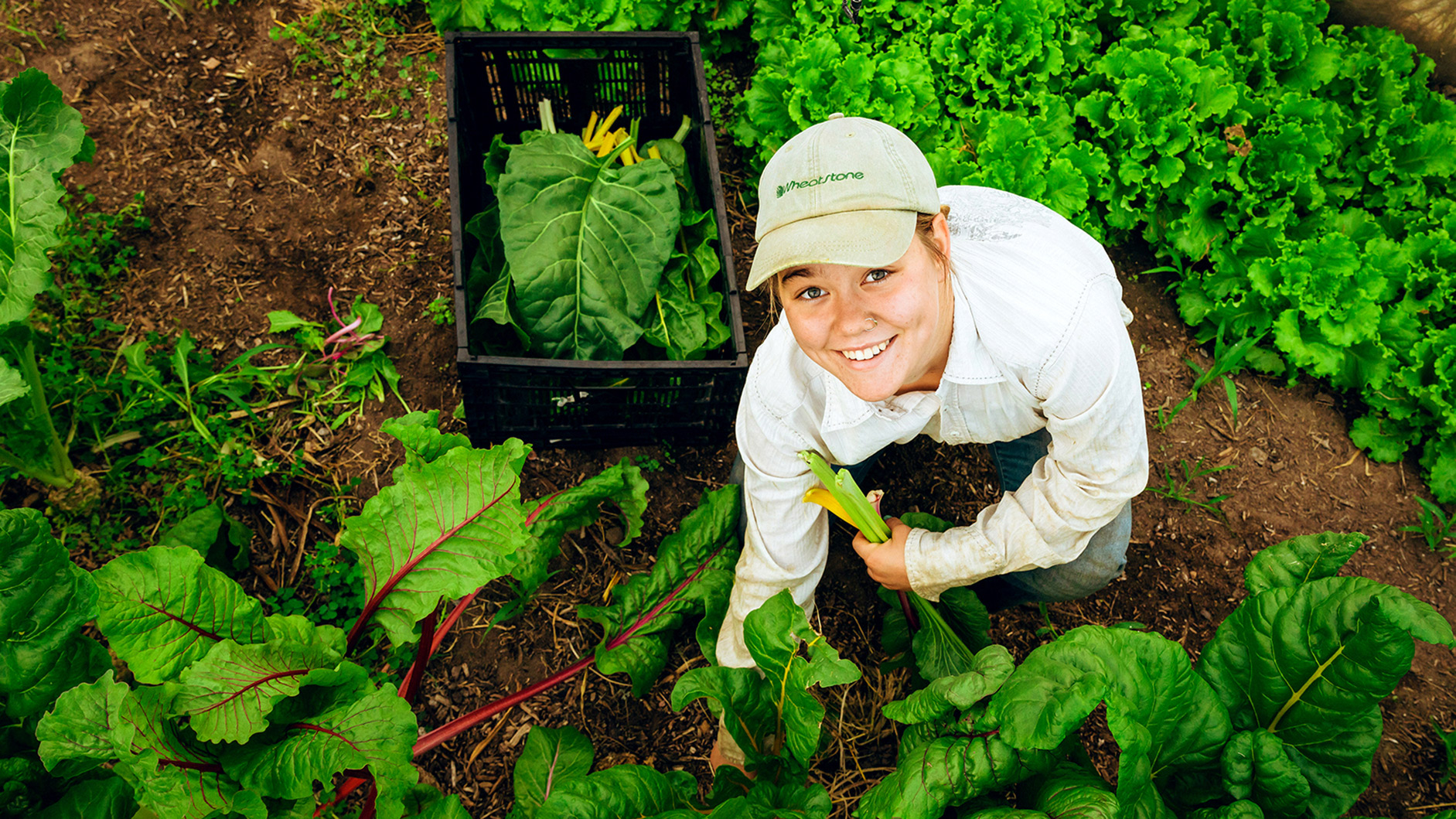Written at age 13
In my Environmental Studies class, my first assignment was to research a small number of farms in our state, Arizona. Next I was to determine if I thought we could support ourselves if we don’t have any more trucks bringing food to the supermarkets from other states and countries. This study had a very interesting turn out. In the beginning of my study I was doubtful, because it did not seem like there were many farms; but as I continued my research, I found out about so many big farming organizations that Arizona has. I also found a lot of sustainable groups that people started, and found many people are trying to bring back heritage foods such as corn, wheat, and other grains to name a few.
I started my research in the local area, mainly from about Nogales to Sedona. I researched twenty-eight farms, and found that out of that number, only seventeen actually produced food. The other eleven raised cattle, lamas, and horses. There were also some farms that provided amusements for the holidays. Some of the farms listed on the Google site that I used were non-existent. I also found most farms only specialized in one specific crop. Despite all of the issues, after further research I think as a state, Arizona could support its population.
Many of the farms I explored were small family farms selling mainly to restaurants or personally at farmers markets. Others catered directly to restaurants on their campus, an example being The Farm at South Mountain, a family owned business located just out of Phoenix, growing a wide variety of foods directly delivered to their three restaurants. A few examples of some farms that only produce one or two products are the Green Valley Pecan Co., Top Knot Farms with a poultry focus, Caywood Farm with a cotton focus, and Shamrock Farms, which is a huge dairy production. Schnepf Farms in Quail Creek mainly grows peaches, but also has a small amount of other vegetables, and they are a pick-your-own-produce organization. Some others are Martha’s Garden, a date farm, and the Rainbow Trout Farm in Sedona. Some of the biggest farms that I researched are Duncan Family Farms, McClendon’s Select Farm, Wholesum Farms, and BKW Farms.
After I gathered more information, I realized that Arizona is one of the biggest farming states in the country, being the third largest state for producing fresh market vegetables and the fourth in the country for acres of natural vegetables. State censuses show that there are thirty-eight certified organic farms in Arizona on the whole. It is also a huge cattle producer, with ranchers raising over 1,000,000 heads of cattle a year. Arizona has 20,005 farms, with the farmland covering 26.1 million acres. Our state also has the largest medjool date plantation in the world, and the largest pecan plantation in the country.
Arizona has difficulties that no other state deals with, and has taken a very interesting approach to farming because of them. The main issue is the Sonoran Desert, an especially big problem in southern Arizona, where the main bulk of the desert is located. In the early 1900s, farmers faced a dilemma due to how to find water and then use it to their advantage. Because they realized the importance of conserving it, and knew that it was vital to their businesses, they were able to solve the problem decades ago. Arizona farmers have figured out ways to farm in the high desert but still conserve the limited water. Many work with different government-funded organizations whose focus is on ways to use the water from nearby rivers and aquifers. Farmers have also developed new strains of crops that are designed to grow in the hot, dry climate. Arizona is very committed to finding new ways to grow in such a unique environment. This is possible for us to do as it was done before by the Native Americans. There has already been countless achievements made all over the Arizona, and all of them contribute to the huge scale of farming going on in the state. People here are very eager to grow food, really love farming, and are committed to producing high quality food for everyone.


